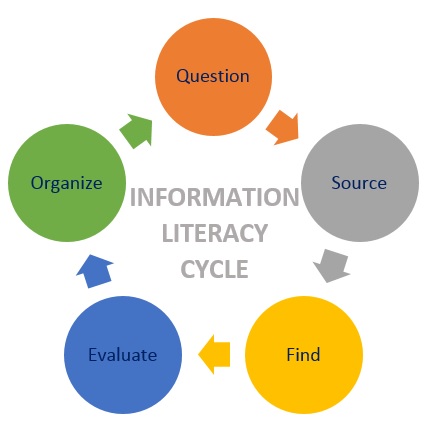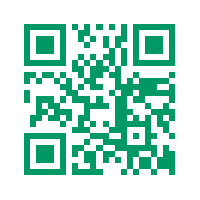Information Literacy (IL)
The A. M. Al-Refai Library’s IL Program is to equip students and staff with the necessary skills and knowledge to enable them to use the Library’s information resources effectively as well as to provide the foundation for effective lifelong learning.
IL programs are held all through the year. These sessions are generally conducted in the Library Lab: N2-102 and during weekdays:
Sunday to Thursday: between 8:30 a.m. – 3:00 p.m.
Understanding Information Literacy?
IL is defined as the ability to access, evaluate, organize, and use information from a variety of sources effectively.
The Association of College and Research Libraries (ACRL) identifies six skills an "information literate" individual is able to do:
|
1) Determine the extent of information needed. 2) Access the needed information effectively and efficiently. 3) Evaluate information and its sources critically. 4) Incorporate selected information into one’s knowledge base. 5) Use information effectively to accomplish a specific purpose. 6) Understand the economic, legal, and social issues surrounding the use of information and access and use information ethically and legally. |
 |
IL Standards
The Association of College and Research Libraries has identified five IL Competency Standards for Higher Education. This document was approved by the ACRL Board on January 18, 2000 and names the standards, lists performance indicators and expected outcomes for each standard.
Referencing Styles 
The practice of acknowledging the sources of ideas while writing research articles, assignments, study reports and other materials is Referencing. There are various styles of referencing viz., APA (American Psychological Association) , MLA (Modern Language Association), Harvard, Chicago, Turabian Styles, etc. Discuss with your lecturer to know the preferred style of referencing. The Library has prepared a guide explaining the basics of APA, MLA and Harvard styles of referencing with examples. Click here to view the Referencing Styles Guide.



